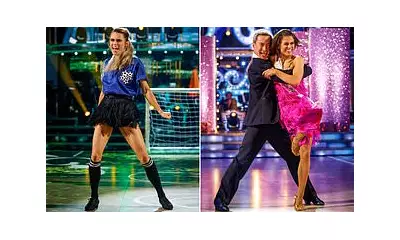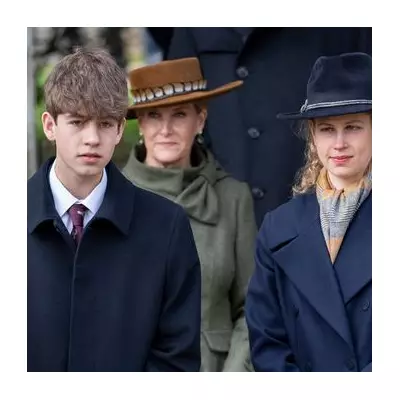
Taylor Swift is facing a fresh wave of controversy after the widow of her father's former business partner launched a stinging critique of the pop titan. The accusation centres on a lyric from Swift's latest record-breaking album, 'The Tortured Poets Department', which is alleged to be a 'cruel' and targeted jab.
At the heart of the dispute is the late Dan Dymtrow, who managed Scott Swift's career ambitions in the early 2000s and was an early champion of a young Taylor. The relationship eventually soured, culminating in a lawsuit. Now, years later, Dymtrow's widow, Claire, has broken her silence, claiming a specific lyric resurrects old wounds for her family.
'So Low and Classless': A Family's Grief Reopened
In an exclusive statement, Claire Dymtrow did not hold back, expressing her profound disappointment. She labelled the perceived lyrical reference as 'so low and classless', suggesting it was a deliberate attempt to tarnish her late husband's memory.
'Dan is not here to defend himself,' she stated. 'To take a swipe at someone who can no longer speak for themselves, especially when he played a role in her early career, feels like a particularly low blow.' The family's grief, she implied, has been compounded by the song's global success.
A History of Legal Wrangling
The backdrop to this new feud is a complex history. Dan Dymtrow was reportedly instrumental in securing some of Taylor's first modelling gigs and early music industry interest. However, the professional relationship with Scott Swift dissolved acrimoniously.
Dymtrow later filed a lawsuit against the Swift family, alleging they cut him out of Taylor's burgeoning career after he had laid crucial groundwork. The case was reportedly settled out of court, but the bad blood appears to have lingered, at least in the eyes of Dymtrow's family.
Swifties and Speculation: Decoding the Lyrics
As with many of Swift's songs, fans—known as Swifties—have been meticulously analysing the lyrics on 'The Tortured Poets Department' for clues about their inspiration. While Swift has not explicitly confirmed the target of the lyric in question, the timing and specific wording have led many, including Claire Dymtrow, to connect the dots directly to the past legal battle.
This incident highlights the intense scrutiny Swift's songwriting faces and the very real-world consequences it can have. It raises questions about the boundaries of artistic expression and the personal impact of lyrical content when it intersects with real-life relationships and historical disputes.





